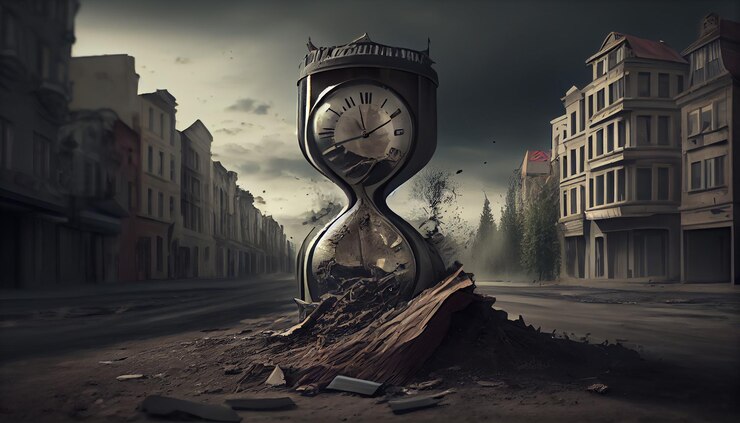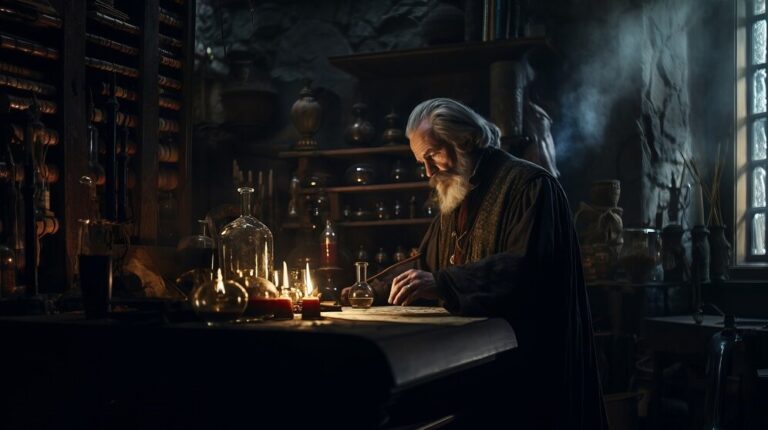Den Nationale Scene: A Deep Dive into Norway’s Historic Theatre
Den Nationale Scene, one of Norway’s most prominent and historic theatres, stands as a symbol of the country’s rich cultural heritage. With a storied past, it has hosted countless performances that have captivated audiences and contributed to Norway’s flourishing arts scene. This article delves into the history, significance, and ongoing role of Den Nationale Scene in promoting theatre and culture in Norway, offering a comprehensive exploration of its enduring legacy.
The Origins of Den Nationale Scene
Den Nationale Scene traces its roots back to 1850 when the first steps were taken to establish a permanent theatre in Bergen, Norway. Originally known as “Det Norske Theater,” the theatre aimed to nurture Norwegian language and culture through performing arts. The push for a national theatre in Bergen was largely driven by influential figures such as violinist Ole Bull, who believed in the importance of fostering a distinct Norwegian identity during a time when the country was politically and culturally overshadowed by Denmark.
The theatre initially faced many challenges, including financial difficulties and competition from established Danish-dominated theatre companies. However, despite these hurdles, the foundation for Den Nationale Scene was laid, and it would evolve into a significant cultural institution.
A Turning Point: The Opening of Den Nationale Scene
In 1876, Det Norske Theater was rebranded as Den Nationale Scene, marking a pivotal moment in its history. This change coincided with the growing national consciousness in Norway and the desire to establish a more independent and culturally vibrant identity. Den Nationale Scene was tasked with producing works that reflected the Norwegian experience and showcased the talents of Norwegian playwrights, actors, and directors.
The theatre’s official opening in 1876 was a grand event, with a performance of Henrik Ibsen’s Peer Gynt, an iconic work that has since become synonymous with Norwegian cultural identity. Ibsen, one of Norway’s most renowned playwrights, had a significant impact on the theatre, and many of his plays premiered at Den Nationale Scene, further solidifying the venue’s place in the country’s cultural landscape.
Architectural Grandeur and Historic Renovations
Den Nationale Scene’s building itself is an architectural marvel, showcasing the grandeur of Norwegian design and craftsmanship. Situated in the heart of Bergen, the theatre’s façade is a blend of neoclassical and baroque elements, reflecting the opulence and cultural significance of the institution.
Over the years, Den Nationale Scene has undergone several renovations to preserve its historic charm while adapting to modern needs. The most notable renovation occurred in the early 20th century when the theatre’s interior was updated to accommodate growing audiences and improve technical capabilities. This renovation ensured that Den Nationale Scene could continue to offer world-class performances while retaining its historic character.
The Role of Den Nationale Scene in Promoting Norwegian Playwrights
Den Nationale Scene has played a crucial role in promoting Norwegian playwrights and their works. The theatre’s commitment to showcasing Norwegian talent helped launch the careers of some of the country’s most celebrated writers, including Henrik Ibsen and Bjørnstjerne Bjørnson. These playwrights used the stage as a platform to explore social, political, and personal themes, contributing to the development of modern drama in Norway and internationally.
In addition to Ibsen and Bjørnson, Den Nationale Scene has supported numerous other Norwegian playwrights, both established and emerging. The theatre’s dedication to nurturing homegrown talent has made it a cornerstone of Norwegian artistic life, ensuring that the voices of Norwegian writers continue to be heard on both national and international stages.
A Platform for Modern Norwegian Theatre
While Den Nationale Scene is known for its historical significance, it is also a hub for contemporary Norwegian theatre. The theatre regularly commissions new works from modern playwrights, providing a platform for fresh voices and innovative storytelling. These productions often tackle contemporary issues such as identity, migration, and environmental concerns, reflecting the evolving nature of Norwegian society.
The theatre’s commitment to modern theatre extends beyond the works it stages. Den Nationale Scene has embraced technological advancements in set design, lighting, and sound to create immersive experiences for audiences. By combining traditional craftsmanship with modern technology, the theatre remains at the forefront of Norway’s cultural scene, ensuring its relevance for future generations.
International Collaborations and Influence
Den Nationale Scene’s influence extends beyond Norway’s borders, as it frequently collaborates with international theatre companies and artists. These collaborations allow the theatre to bring global perspectives to Norwegian audiences while showcasing Norwegian talent to the world.
Over the years, Den Nationale Scene has hosted performances by renowned international theatre companies and has participated in festivals and exchanges that promote cross-cultural dialogue. These international collaborations have not only enriched the theatre’s repertoire but have also helped place Norwegian theatre on the global stage, cementing its reputation as a cultural powerhouse.
The Importance of Den Nationale Scene in Norwegian Society
Den Nationale Scene holds a special place in Norwegian society, not only as a theatre but also as a cultural institution that reflects the values, challenges, and aspirations of the country. The theatre has always been more than just a place for entertainment; it has been a platform for social commentary and political discourse. Many productions staged at Den Nationale Scene have explored themes of social justice, equality, and national identity, resonating with audiences and sparking conversations that extend beyond the theatre.
The theatre’s role in promoting cultural education is another important aspect of its significance. Through partnerships with schools and universities, Den Nationale Scene offers educational programs that introduce young people to the performing arts and encourage them to explore Norwegian literature and drama. These initiatives ensure that the theatre remains a vital part of Norway’s cultural heritage, nurturing the next generation of artists and audiences.
Challenges and Adaptations in the 21st Century
Like many cultural institutions around the world, Den Nationale Scene has faced challenges in the 21st century. The rise of digital entertainment, changing audience demographics, and the economic impact of global events such as the COVID-19 pandemic have forced the theatre to adapt and innovate.
In response to these challenges, Den Nationale Scene’s has embraced digital platforms, offering livestreamed performances and virtual events to reach audiences who may not be able to attend in person. These digital initiatives have allowed the theatre to expand its reach and engage with a global audience, ensuring that its performances continue to resonate in the digital age.
Despite these challenges, Den Nationale Scene’s remains a beloved institution in Norway. Its ability to adapt while staying true to its mission of promoting Norwegian culture and theatre has ensured its continued relevance in a rapidly changing world.
The Future of Den Nationale Scene
Looking to the future, Den Nationale Scene’s is committed to preserving its rich history while embracing new opportunities for growth and innovation. The theatre’s leadership is focused on expanding its repertoire, attracting diverse audiences, and continuing to serve as a platform for both established and emerging artists.
Sustainability is also a key focus for the future of Den Nationale Scene’s. The theatre is taking steps to reduce its environmental footprint, from energy-efficient renovations to sustainable set designs. These efforts reflect a broader commitment to environmental responsibility in the arts, ensuring that Den Nationale Scene’s remains a forward-thinking institution that is in tune with the global conversation about sustainability.
In addition, Den Nationale Scene’s is exploring new ways to engage with younger audiences, including partnerships with schools, youth theatre programs, and interactive workshops. By fostering a love for theatre among younger generations, the theatre ensures that its legacy will continue to thrive for years to come.
Conclusion
Den Nationale Scene stands as a testament to Norway’s rich cultural heritage and its commitment to the performing arts. From its early days as Det Norske Theater to its role as a modern cultural institution, the theatre has played a vital role in shaping Norwegian identity and promoting the country’s artistic talent. Through its dedication to both tradition and innovation, Den Nationale Scene’s continues to captivate audiences, offering performances that reflect the complexities and beauty of Norwegian society.
As it moves into the future, Den Nationale Scene’s remains a beacon of creativity, fostering new talent and embracing the challenges and opportunities of the digital age. Its enduring legacy is a source of pride for Norway, ensuring that the country’s cultural contributions will continue to resonate on both national and international stages.
FAQs
What is Den Nationale Scene?
Den Nationale Scene’s is one of Norway’s most historic and prestigious theatres, located in Bergen. It has played a key role in promoting Norwegian theatre and culture since its founding in 1850.
What was Den Nationale Scene’s original name?
The theatre was originally known as “Det Norske Theater” when it was founded. It was later renamed Den Nationale Scene’s in 1876.
Which famous Norwegian playwrights are associated with Den Nationale Scene?
Henrik Ibsen and Bjørnstjerne Bjørnson, two of Norway’s most renowned playwrights, are closely associated with Den Nationale Scene’s. Many of Ibsen’s works premiered at the theatre.
Does Den Nationale Scene host international performances?
Yes, Den Nationale Scene’s frequently collaborates with international theatre companies and artists, bringing global perspectives to Norwegian audiences.
How has Den Nationale Scene’s adapted to modern challenges?
The theatre has embraced digital platforms, offering livestreamed performances and virtual events. It has also focused on sustainability and engaging younger audiences to ensure its continued relevance.







